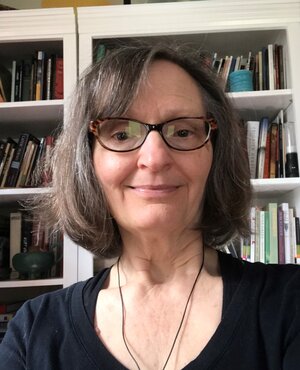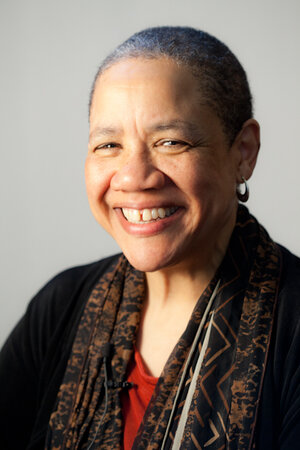Horseshoe Crabs off Loop Beach, Cape Cod, Mid-September
by Carole A. Stasiowski
I don’t expect this extravagance
of death, a thousand and more
strewn in disheveled mounds
at and beyond the tideline
as if some storm surge flung them –
tumbling, exiled, stunned –
too far from their blue catacombs
to hitch their way back.
Mouth of constant hunger
defended by five pairs of branchial legs,
olive helmet flecked with bronze,
hinged and sutured by time;
ancient messenger
drifting through ages of salt,
ages of die-offs and rebirths,
what good was all that armament when
some thing upended your singlemindedness?
The gulls have done their feasting,
left innards splayed to whatever comes.
In the end, what does this wrecked nomenclature
tell of anything’s place?
Carapaces crack in nests of kelp and shells,
others are wound through with the sea’s dried hair.
Nor does the sky, for mercy, have any use.
Previously published in the Cape Cod Poetry Review (Issue III).
* Poet’s Writing Prompt: Write about encountering something startling, compelling, while doing something you expected to be routine, registering the experience in rich sensory detail. What was the impact—deepening emotional awareness, new insights, etc.?
Black Memorabilia: Indian Blood
by Kate Rushin
The whole country, it seemed, was heading West.
Archibald, being a contrary man
told his wife to start packing for New Jersey.
The son of a Seminole and a bondswoman
he’d come up from Florida after The War.
Miriam, their granddaughter, used their legacy
to hold herself above everyone else in the
colored part of a two-bit town.
That haughty washerwoman,
forced to carry dirty sheets and her maiden name,
traded on her burnished skin and long black braid
for a drop of semi-white blood.
She clinched the deal using her only daughter to catch
a no-count, freckled son-in-law called Red,
clenched her near-perfect porcelain grandson,
The one who shattered her like he shattered the
oval-framed, hand-colored, tintype portraits
Archibald insisted on when he and Mamie got
as far as Philadelphia. A second-rate dealer
rummaging on bulk trash night, sold the images to the
children of the people Miriam worked for,
her good white people.
Tell me. What was the price of an Oklahoma acre?
Previously published in the Cape Cod Poetry Review (Issue IV-V).
* Mass Poetry Writing Prompt: Write a poem that recounts or explores the history of a family—it could be yours, but it does not need to be. End the poem with a question.
This issue of The Hard Work of Hope is produced in partnership with the Cape Cod Poetry Review.

Carole A. Stasiowski
Carole A. Stasiowski’s poems have been published in Cider Press Review, Cape Cod Poetry Review, Spoon River Poetry Review, Zone Three, Northeast Magazine, and other literary journals. She was editor of the anthology Mourning Our Mothers, poetry editor for The Connecticut Writer, and helped to produce a series of poetry vignettes for Connecticut Public Television. A featured reader at the Sunken Garden Poetry Festival, she has lived for the last 25 years on Cape Cod, where she directs community relations and marketing for a healthcare non-profit and enjoys being part of a vibrant poetry community.

Kate Rushin
Kate Rushin is the author of The Black Back-Ups (Firebrand Books, 1993) and “The Bridge Poem.” She received an MFA from Brown University and has held fellowships from the Massachusetts Artists Foundation, the Fine Arts Work Center in Provincetown, and The Cave Canem Foundation. Rushin has taught poetry at Wesleyan University and Connecticut College.
